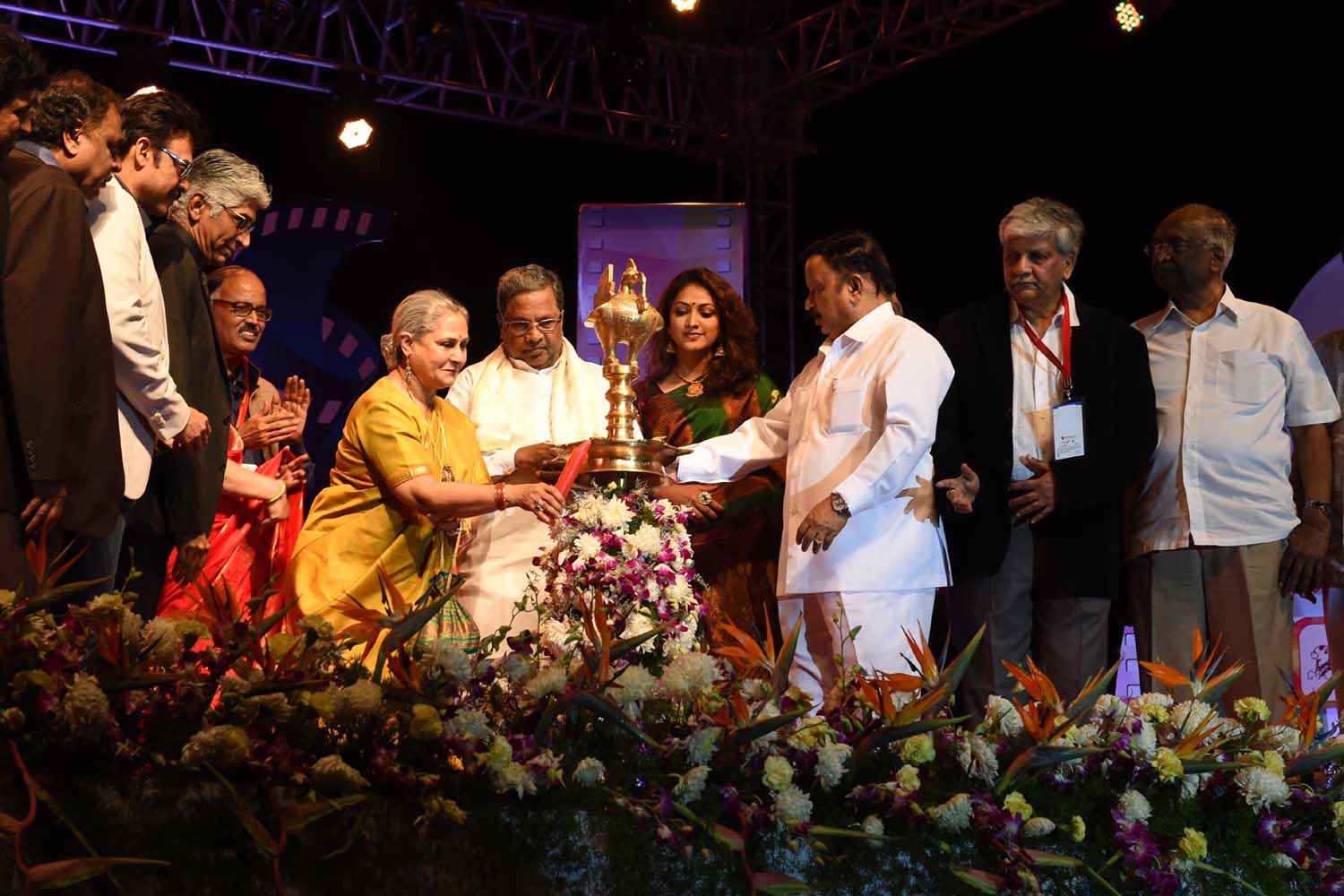There is no man…however wise, who has not at some period in his youth said things, or lived a life, the memory of which is so unpleasant to him that he would gladly expunge it. And yet he ought not entirely to regret it, because he cannot be certain that he has indeed become a wise man…”
“Every person is destroyed when we cease to see him; after which his next appearance is a new creation, different from that which immediately preceded it, if not from them all.”―Marcel Proust, Remembrance of Things Past: Volume I – Swann’s Way & Within a Budding Grove
Japanese films are Haiku in nature, feel and execution. Eloquent and evocative. Esoteric to a fault. They are like poetry in motion. Engaging the viewer with their minimalism. Punctuated with long silences, picturing verdant nature, bringing its scents, sounds and silences, long forgotten by people in this concretised, high decibel, fast paced materialistic world.
So rooted are they in their depiction and reverence of cultural traditions, efficaciously enthralling the viewer to engage in, and experience every nuance of the life, lifestyles and living of Japanese.
Dignity, deference and etiquette trademarks by which the players conduct themselves as they interact and transact with one another. Slow and sedately unfolding its enriching, enlightening drama that transports one to the Elysian heights of ethereal experience.
Following in this richand resplendent form of film making tutelage is young and impressive Kei Chika-ura with his soulful and serene sophomore feature Great Absence.
A multi-layered nuanced narrative richly drawing from “inspiration was my own experience of my own father suddenly developing dementia,” one can read the film in a multifarious manner – of unrequited love, of clash and conflict between tradition and modernity, of youth and aging, of discipline and destruction, discretion vs freedom and flexibility. More importantly of estrangement and reconciliation.
At the core of Great Absence is a penitent professorial patriarch not only fighting his dementia, selective memory syndrome but also of a son seeking to come to terms with his tyrannical dad with whom he has been disconnected with, with both seeking closure of a not so pleasant past which cannot be undone.
“Violence is inexcusable but I inflicted on you. There were things I shouldn’t have done. I was in the wrong. I am sorry for what I did” says the father referring to the notes he has written down given his failing memory seeking “there is no way to undo what I did, I beg your forgiveness as I was wrong and I want your forgiveness” imploring and beseeching his man-boy who has come to visit him at the terminal care centre with his wife.
After much thought and inner turmoil the boy, fighting all the bottled anger, defers to the wishes of the dementia ridden dad saying “I forgive you” sending the 71-year-old man into raptures of joy rejoicing at the reconciliation ending a frosty kinship they have had. For, forgiveness is the ultimate redemption a man can seek in Japanese society.
So much so, Takashi, the son, who until that time, used to address his father by his name Yohji, finally calls out to him as ‘dad’ and fixing his own trousers belt to his father’s wait as the old man stand silently like a small child being ministered by his son and wife.
In another acceptance and realisation of his past behaviour with his son, the patriarch father-in-law counsels the daughter-in-law to not leave the side of his ‘good’ boy to which the wife deferentially assures that together they will lead their lives.
Thirty years have gone by. A ten year old had left home. A punctilious and disciplinarian dad having spelt his departure from a rather stifling and scathingly severe homestead. A call from the police SWAT team sees the return of the theatre actor son (from the midst of a play he is in rehearsal) long forgotten by either side after a Great Absence.
Takashi, the absentee son, returns following the police SOS call to a home filled in clutter and litter, full of haunting memories and mementos and memorabilia, with wife Yuki and to slowly piece the past with his dementia ridden dad from the sticky-notes and marked calendar around the house.
The dairy possessed by his paranoid father of caretaker-friend Naomi slowly awakens the Remembrance of Things Past, as the film flits and flips between present and past to stitch its singular saga providing audiences a profound sojourn in Great Absenceabout fractured filial relationship, remorse, reticence, recrimination, recollection and reconciliation.
As the snail paced, sedately flowing like a serene rivulet the pitiful past unravels itself and audiences are drawn into the enormity of the septuagenarian’s dementia and of his authoritarian conduct with those near and dear around him, one gets the full force of Kei Chika-ura’s cinematic tour de force leaving one awestruck and spell bound into its two hour thirty two minutes twenty five second epic filial dramaturgy.
Aiding Kei Chika-ura’s marvel is the exquisite cinematography of Yutaka Yamazaki who captures nature and nurture, outdoors and indoors, faces and people, in all its glory and grandeur.
What further embellishes the family melodrama is the impeccable bravura performance of Tatsuya Fuji as the patriarch swathed with several emotional and flawed existence that rightly fetched him the Best Leading Performance Silver Seashell and the Ateneo Guipuzcoano Award for Best at the San Sebastian International Film Festival where it premiered.
The film, after its outing at the Toronto International Film Festival and Göteborg Film Festival is set to wow audiences at the San Francisco International Film Festival.
Great Absence turns into immersive and intimate experience, despite it slow, sedate and solicitous sojourn of two different love stories, of father’s and of son’s, the traditional vis-à-vis the modern idea of romance and commitment, marriage and morals, isolation and ill-health, torment and torture, of how age and diminishing mental mindscapes as one declines into dementia can play with one’s memories and associations.
The film turns into a painful, gut-wrenching desolate filial drama propelling the viewers into an introspective and contemplative mood long past after the credits have rolled out and Kei Chika-ura has deftly and delectably deconstructed decline, death, desolation and devastation Yohji and Takashi with Yuki as the silent witness to the pains and pangs the dad and son pass through.
By..

S Viswanath is veteran Film Journalist / Critic & involved in various key capacities at many International Film Festivals circuits across the Globe also co-author of book ‘Random reflections: kaleidoscopic musings on Kannada cinema.







Leave a Reply